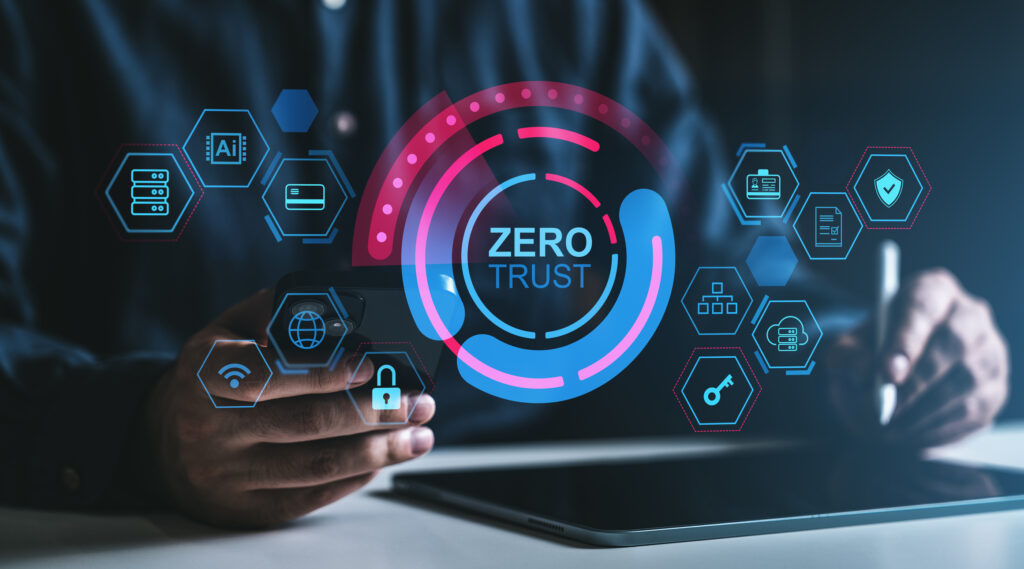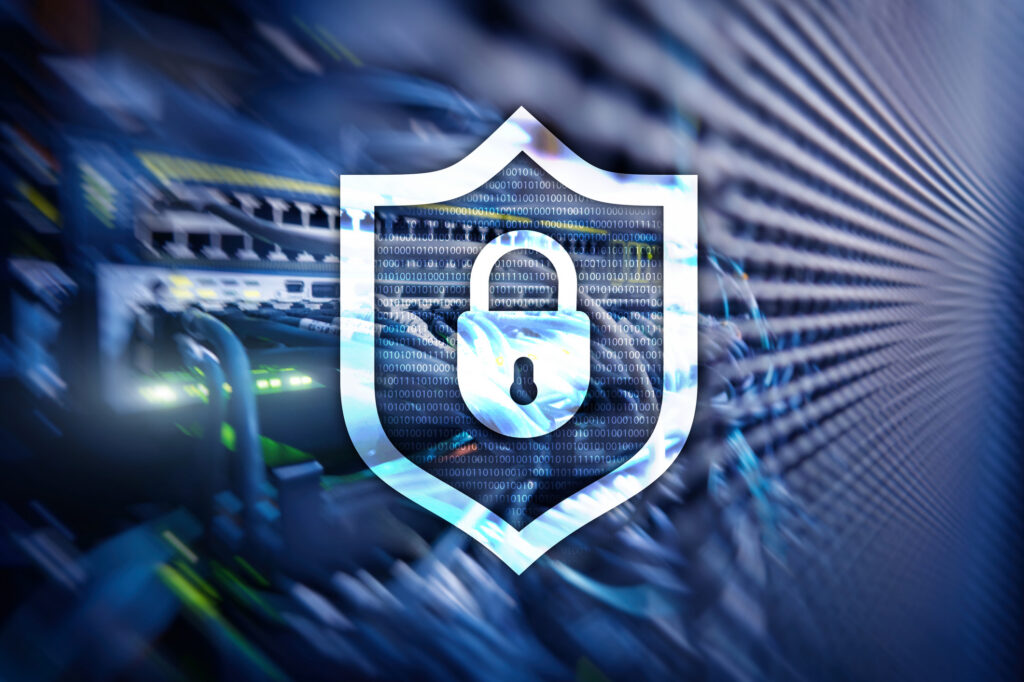‘Blog on, Blog off’, said Mr. Miyagi1 in my left ear.
Or was it marketing? Either way, there was a voice compelling me to get to work. 
We are so blasé. All around us we have an incredible amount of technology-driven automation, absolutely taken for granted. We do not notice how reliant we are, until it goes wrong and affects us.
Take a few minutes to think about everyday examples. If you are familiar with the Oyster Card in the UK, or the Metrocard in New York, imagine the complexity of the systems involved. It is mind blowing that these systems do not simply overload and give up during rush hour. What about behind the scenes, for example banking through apps on smartphones? Or one-click purchasing, or medical results within hours — even dare I say it — apps that allow you to satisfy your desires (not naming any in particular since there are so many to choose from, each to his/her own).
Despite hiccups now and then, and without our consultation or tacit agreement, we have passionately adopted these changes.
When I engage a client around improving their security change process, we frequently hear ‘If it ain’t broke, don’t fix it’ or ‘We’ve always done it that way’. As Grace Hopper2 said, that is the most dangerous phrase in our language. Why the dramatic U-turn here? What’s the difference between this change and the former type?
I believe, this is because human beings are both change-retardant and change-resistant, when they do not initiate change, and when they cannot readily feel the benefits. This is easily illustrated by the following study cited in Freakonomics. More than 175 years ago, Dr. Ignaz Semmelweis discovered that washing hands between delivering babies, dramatically reduced the number of deaths among new mothers. Yet, it took him more than 12 months to persuade his peers to adopt this simple, life-saving change. Why? Because he was in direct conflict with established opinions of the time.
Teleporting back to the present, I have clients who are currently enjoying excellent ROI on their Tufin investment because they were prepared to make changes. For example, in one case, they are able to deliver market services, in less than 20 minutes that previously took several days at best. They heard about zero human-touch, and decided to make the changes necessary to use it – including heavy adoption of automation where it seemed improbable, due to established opinions of our time…
‘Man who catch fly with chopsticks, accomplish anything3‘, again Mr. Miyagi, or was that also marketing?
Watch our new video to learn more.
1 From the original film The Karate Kid, “Wax on, Wax off”. Synonymous now with hard work.
2 An exceptional person, someone I would have loved to have met. How many people have a US warship named after them?
3 Also from Karate Kid. You get 3 wishes, as in the movie, the kid gets the girl, gets the car and wins the competition. Understand this how you want, I’m pretty sure that’s what it means.
Ready to Learn More
Get a Demo





